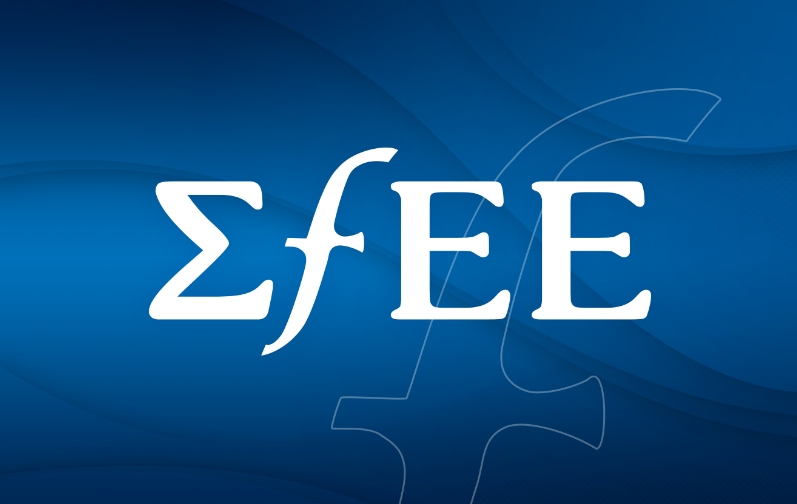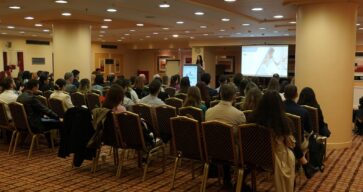
European Immunization Week 2024: Vaccines are one of humanity’s greatest achievements
In Greece, every euro invested in childhood vaccination brings savings of €3.1 directly and €8.5 in total from indirect social costs
Athens, April 23, 2024.- On the occasion of European Immunization Week, the World Health Organization stresses the important contribution of vaccines to the eradication of life-threatening infectious diseases. In the context of the tribute, it calls on Member States to develop appropriate strategies for equal access of the population to vaccination schemes and the increase of vaccination coverage in all age groups.
This year marks 50 years since the development of the Expanded Programme on Immunization, a World Health Organization initiative launched in 1974 aimed at ensuring equal access to vaccination for the world’s population regardless of geographical or socioeconomic status. Immunization is a key component of the right to health but also an individual, community and government responsibility. In the early stages of implementation, EPI focused on protecting children against tuberculosis, diphtheria, tetanus, pertussis, polio and measles. One of the important milestones of this period is the eradication of smallpox in 1980. Today, the number of vaccines available has increased significantly while targeting all age groups (infants, children, adolescents and adults) strengthening the range of immunity. Indicatively, vaccines against Human Papillomavirus, pneumococcus and influenza are mentioned. Essentially, in just 5 decades a world was built where every child – through vaccination – has the opportunity to survive and prosper.
However, the challenges are many and the fight against infectious diseases requires constant vigilance and broad collaborations – national and transnational as highlighted in the recent public health crisis due to the Covid-19 pandemic. Especially today, collective efforts aimed at filling vaccination gaps are imperative, as During the pandemic there has been an alarming global decline in vaccination rates and, by extension, collective immunity, risking a resurgence of life-threatening infectious diseases such as measles and whooping cough. The big lesson from the pandemic is that healthcare should now focus on preventing and controlling chronic diseases. Investing in prevention, as is perhaps well known, is an investment in public health and the economy. A recent study by the U.S. Center for Infectious Diseases (CDC) reports that for every dollar spent on childhood vaccination, $3 is saved in terms of direct costs and $10 in total costs to society. Respectively, in Greece it is estimated that for every euro spent on childhood vaccination, 3.1€ is saved in terms of direct costs and 8.5€ in terms of total cost to society.
In this regard, SFEE considers it particularly important to comply with national recommendations, establish vaccination targets in accordance with international and European directives, keep the population informed, invest in innovative vaccines and monitor vaccination coverage through registration systems. Particular emphasis should be placed by the entire State on maintaining vaccination coverage in infants and children and increasing vaccination rates in adolescents and adults, as there are extremely low vaccination coverage rates.
Vaccination is a key pillar of Health Policy. The development and implementation of vaccination programs is an investment in people and society. Greece has one of the most modern vaccination programs addressed to all age groups of the population. However, collective efforts are needed to properly follow vaccination recommendations and build a common understanding of the benefits of prevention and health promotion policies.



